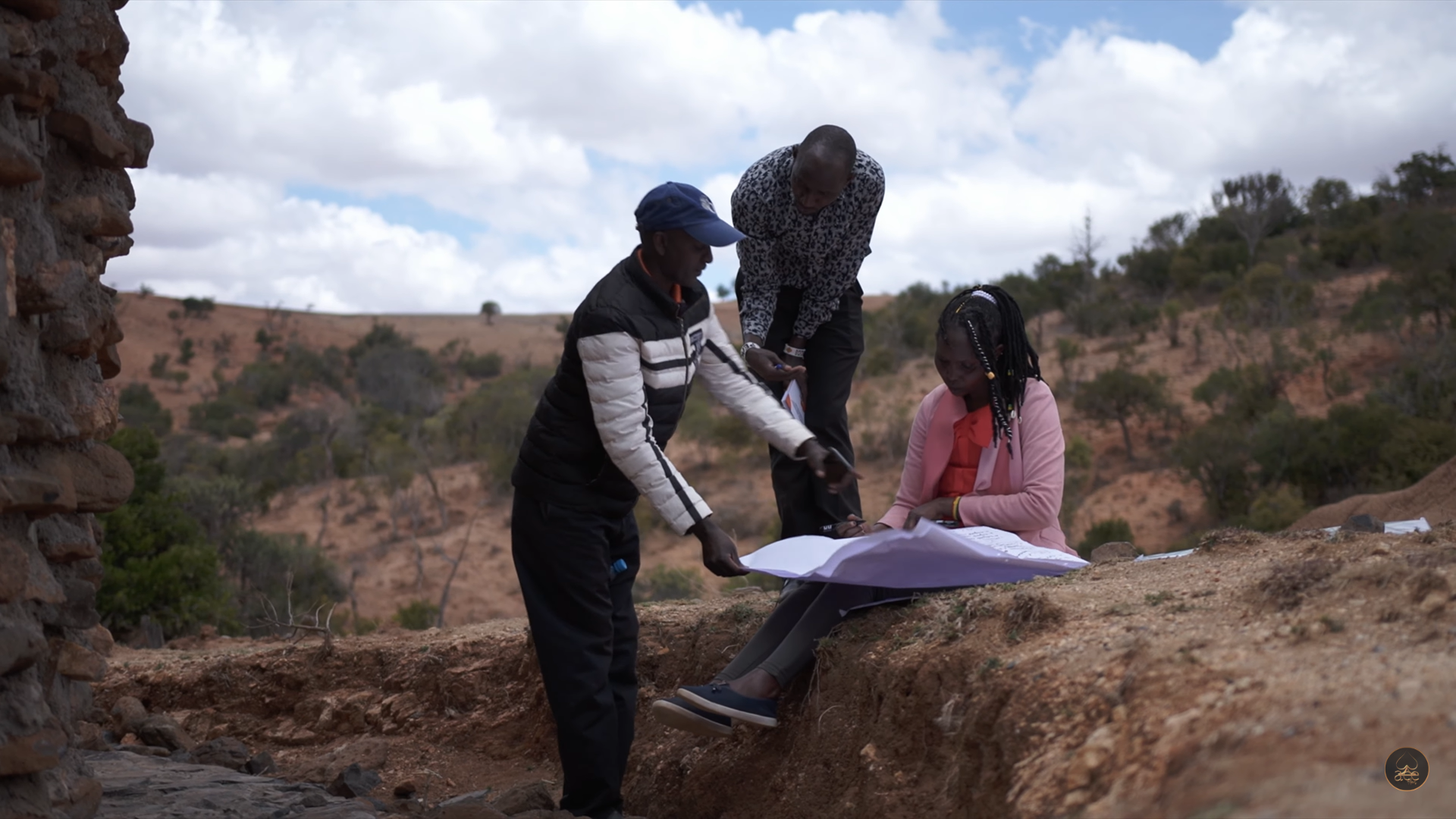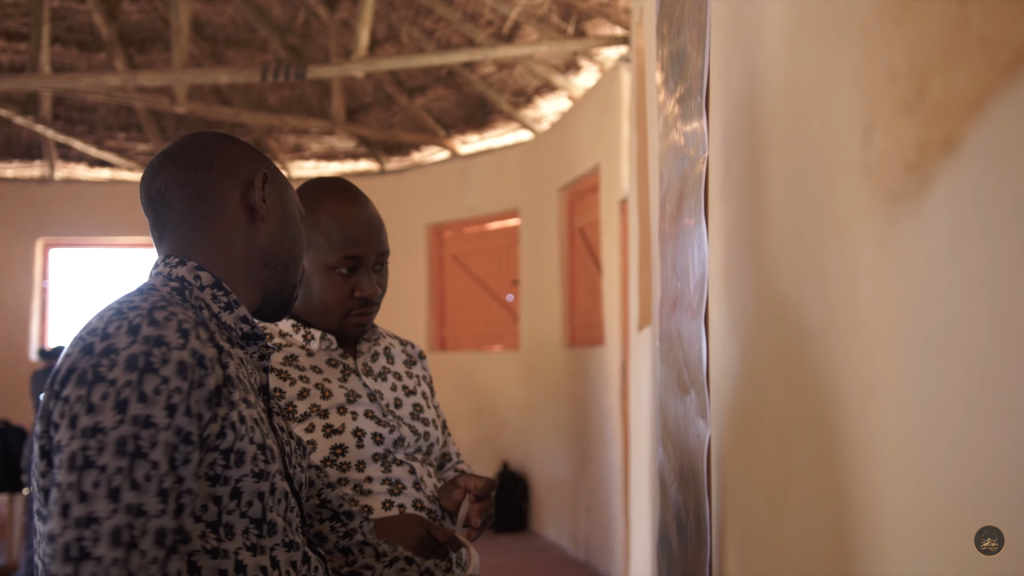At MetaMeta we believe knowledge should me shared as much as possible and in a sustainable why so that it can be applied without financial barriers such as expensive software’s or complex technologies. We take this into account in program (co-)design and facilitate a large range of trainings (on-the-job, training of trainers, and tailor-made trainings) on our thematic areas (agriculture, land-, and water management). From our global experience we recognize that many people struggle with similar issues. Therefore, horizontal learning is one of our key priority areas, which does not only facilitate knowledge exchange but also often in a very relatable and inspiring way.

Informed decision making & Evidence based advocacy
Through remote sensing analyses, GIS-based data collection, M&E, and holistic baseline- and formulation studies, MetaMeta supports in information gathering and interpretation for well informed decision making. Additionally, by using participatory and engaging tools such as videography, Google Earth storytelling, and citizen science, we work closely together with community members to bring forward their own experiences, perspectives, and feedback. An example is the Google Earth story created by residents of Nakuru in Kenya who managed to take decision makers in the government on a virtual tour through their neighborhood to point out their challenges and their ideas on the way forward (click here for more information and here for the Google Story).
Horizontal Learning
Horizontal learning is a very powerful way of knowledge exchange. People who experience similar issues can share their solutions and their journeys with each other. MetaMeta facilitates horizontal learning through (digital) platforms, face-to-face learning exchanges, and videography. Seeing is often more inspiring than just hearing, and hearing from someone you relate to is often more inspiring than someone who seems to be in a very different situation. The approach to the most suitable horizontal knowledge sharing is highly context dependent. Additionally, some exchanges are conducted with neighboring communities and others (such as a program through the Flood Based Livelihood Network) are conducted between farmers groups of different countries.

